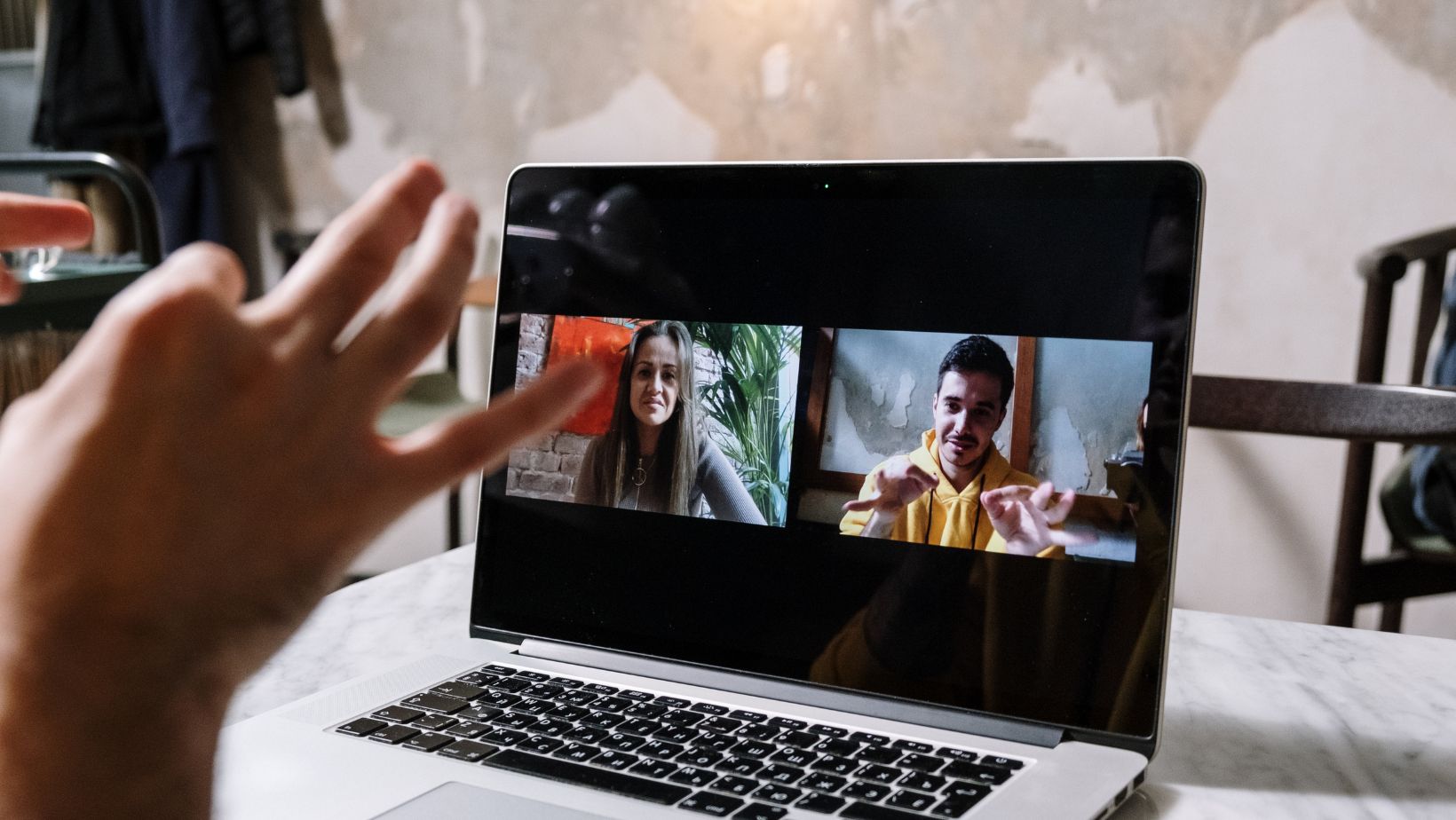It hits around 2:37 p.m.
You stare at your screen. Dry eyes. Sore shoulders. A cluttered desktop full of unfinished tabs. The next Zoom call looms. You have been “on” since 9 a.m., and your brain feels like it’s buffering. Again.
If you are anything like most knowledge workers, the idea of adding one more thing to your already overflowing schedule feels laughable. But what if the thing you needed wasn’t more time? What if it was a better pause?
That is where calming browser games step in. Not to distract, but to restore.
Let’s talk about why digital downtime is not a luxury anymore. It is a necessity.
The Silent Epidemic of Zoom Fatigue
Zoom burnout is not just a buzzword. It is a real, measurable drain on your cognitive and emotional resources.
A Stanford study found that prolonged video conferencing increases mirror anxiety, limits physical mobility, and requires more intense focus on facial cues. In short, your brain is working overtime just to make it through a 30-minute call.
Now layer on Slack pings, email threads, project deadlines. Suddenly, your lunch break becomes just another screen swap. It is no wonder burnout is on the rise.
We do not need more hustle culture hacks. We need mental reset tools that actually help.
Mental Reset Tools That Actually Work
You do not need a silent retreat in the woods to reset your nervous system. Sometimes, a five-minute shift can be enough if it is the right kind.
Here is what mental reset really means:
- Lowering cognitive load
- Interrupting stress cycles
- Re-engaging your focus gently
Browser-based games offer a unique advantage. They are interactive, which means your brain stays engaged, but they do not require the same kind of intense focus as work tasks. It is a low-stakes switch of gears, not a full shutdown.
Think of them as the digital equivalent of stretching your legs. Not a workout. Just enough to get the blood flowing again.
5 Calming Games That Feel Like a Deep Exhale
Let’s get specific. These are not adrenaline-pumping shooters or strategy-heavy war simulators. These are games that reduce screen fatigue, not add to it.
Here are five you can try between calls or during a micro-break:
1. Mahjongg Solitaire
A tile-matching classic that activates spatial reasoning without overloading your brain. The soft clicking sounds and clean visuals are a joy, especially if you have been dealing with chaotic tabs all morning.
2. Daily Word Search
Perfect for when your mind feels scrambled. Word searches are gentle puzzles that help shift mental gears without demanding deep logic.
3. Bridge
Yes, the card game your grandparents love. It is surprisingly meditative. A quiet, turn-based activity that slows your pace and gives your eyes a much-needed break from fast motion.
4. Block Champ
A gentle riff on Tetris that allows for relaxed gameplay. There is strategy, but no rush. A satisfying game for when you are overstimulated but still want to feel a sense of progress.
5. A Soft Murmur (Bonus Tool)
Not a game, but a fantastic companion. Pair ambient sounds like rain, waves, or white noise with your game for a full sensory reset.
All of these are free, browser-based, and designed to ease tension.
Why These Games Work for Burnout Relief
Each of these games is low-intensity but immersive. That combination is crucial.
Unlike scrolling social media, which often triggers comparison or emotional fatigue, these games are goal-oriented in a gentle way. You complete small tasks, feel a sense of accomplishment, and most importantly, you get to stop. There is no endless scroll. No infinite feedback loop.
They are structured, not addictive. That is the difference.
As a form of digital downtime, they give your brain the reset signal it is craving. The same way a power nap does for your body.
Real Talk: Should You Feel Guilty for Playing Games at Work?
Let’s kill the guilt.
Taking a 5-minute break with a calming game does not make you lazy. It makes you smart.
A Microsoft study found that the brain’s ability to sustain attention declines after just 30 to 40 minutes of concentrated effort. Strategic micro-breaks, even with a game, help restore focus, reduce errors, and improve your mood.
So no, you do not need to earn your break. You just need to take it before the burnout kicks in.
How to Build a Digital Wellness Habit That Sticks
Here is how to make browser games part of your rhythm, not a last resort:
Set a timer
Try the 50/10 rule. Work for 50 minutes, then take a 10-minute reset. Use that time for a game, a stretch, or a walk.
Schedule breaks like meetings
Put them in your calendar. Literally. Treat rest as a non-negotiable asset, not a reward.
Pick one go-to game
Avoid the paradox of choice. Choose one game that calms you and make it your reset ritual.
Do not multitask your break
No Slack. No email. Just the game, your focus, and a few minutes to breathe.
What Games Reduce Zoom Burnout?
If you are still asking, “What games reduce Zoom burnout?” the answer is simple.
The ones that do not stress you out, do not demand performance, and gently re-engage your brain without overstimulation.
Yes, they absolutely exist. They are not a productivity hack. They are an investment in your clarity, focus, and long-term well-being.
Key Takeaway: Reclaim Your Breaks Without Guilt
Burnout is not solved by willpower. It is solved by better habits, ones that honor your limits.
Next time your brain feels foggy and the screen feels like a chore, try a micro-reset. Load up one of these calming games. Give yourself five minutes of peace, not more pressure.
Your next meeting, and your mental health, will thank you.



